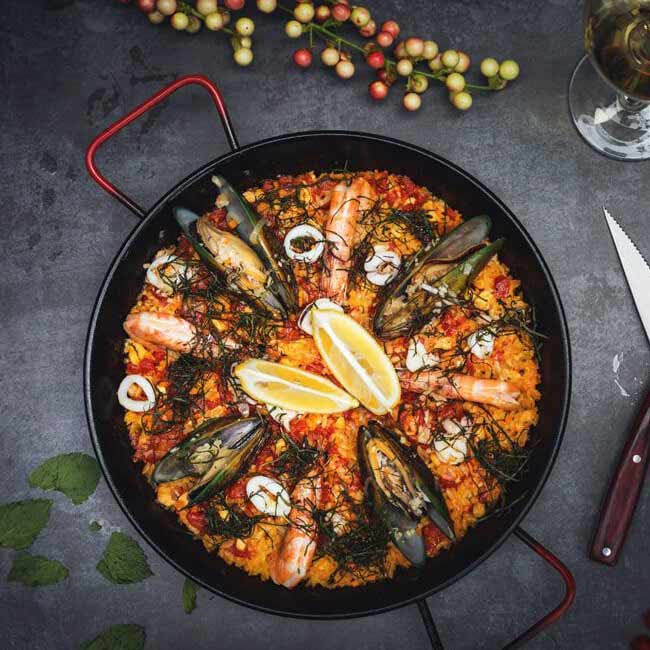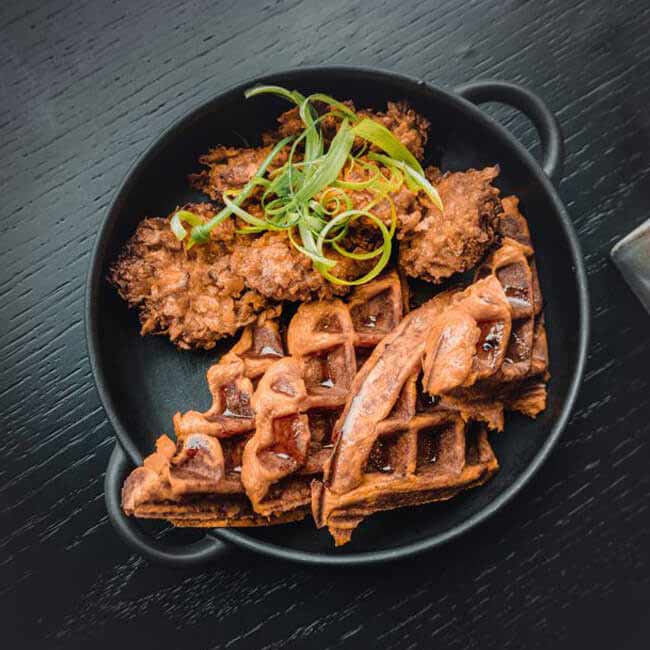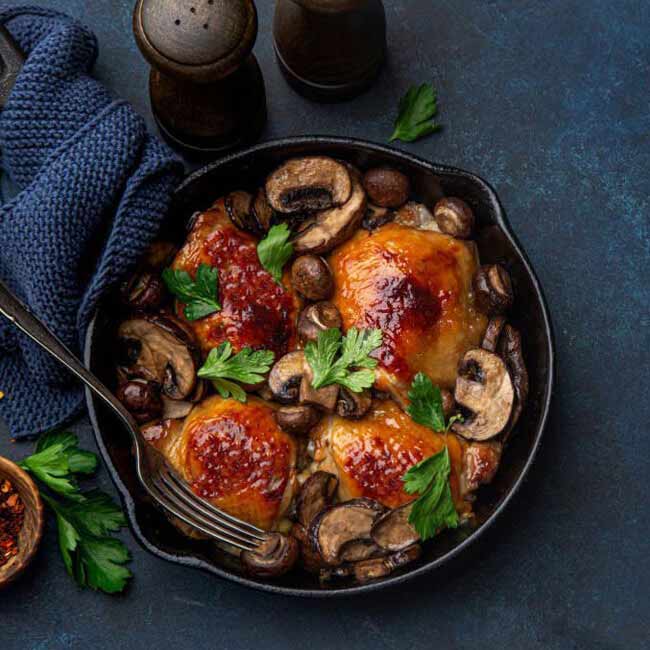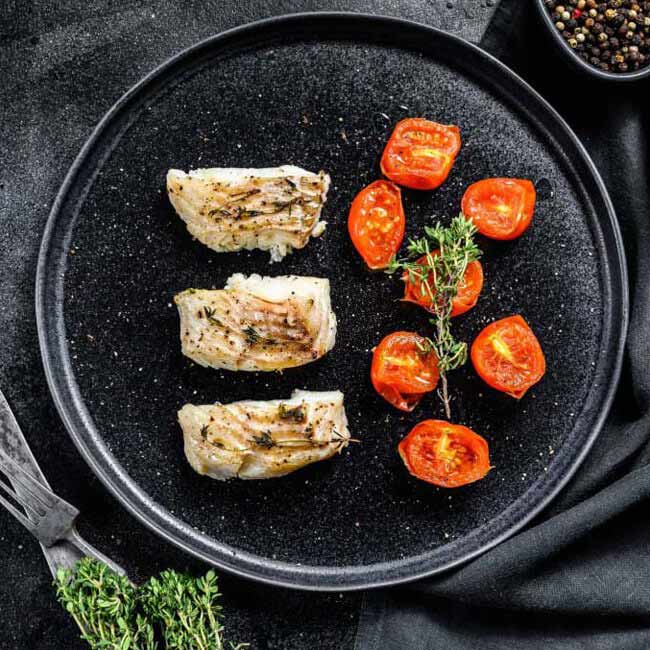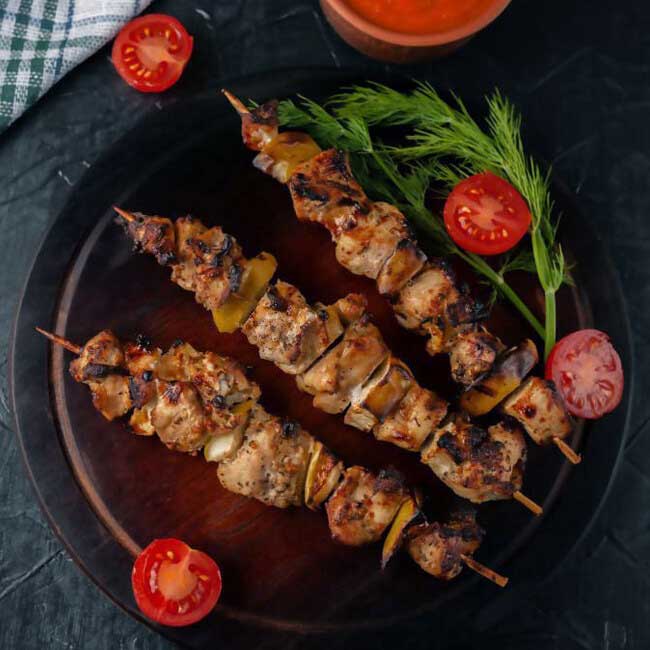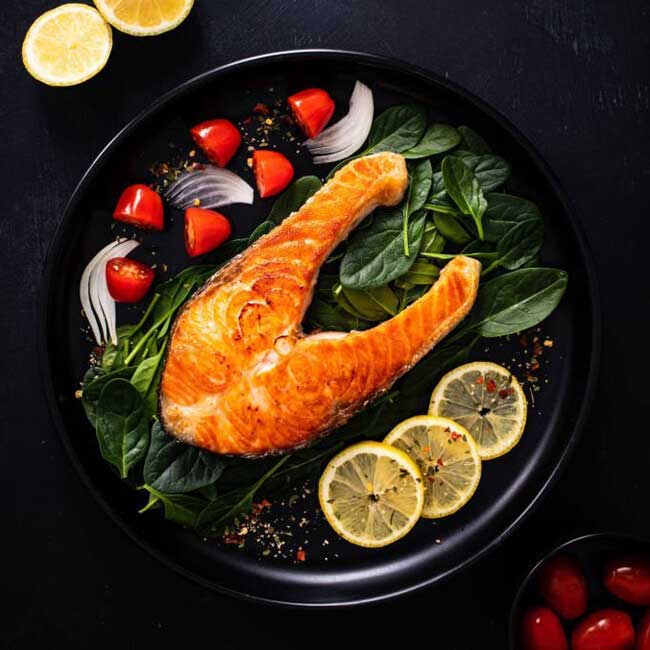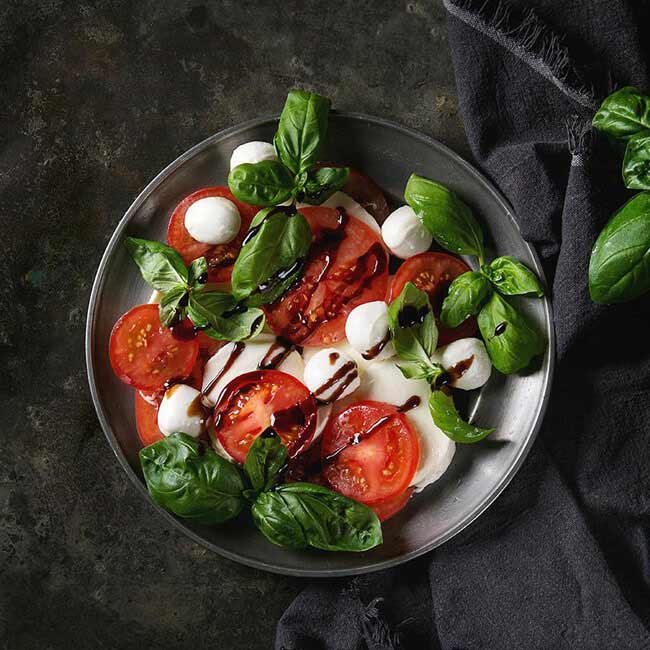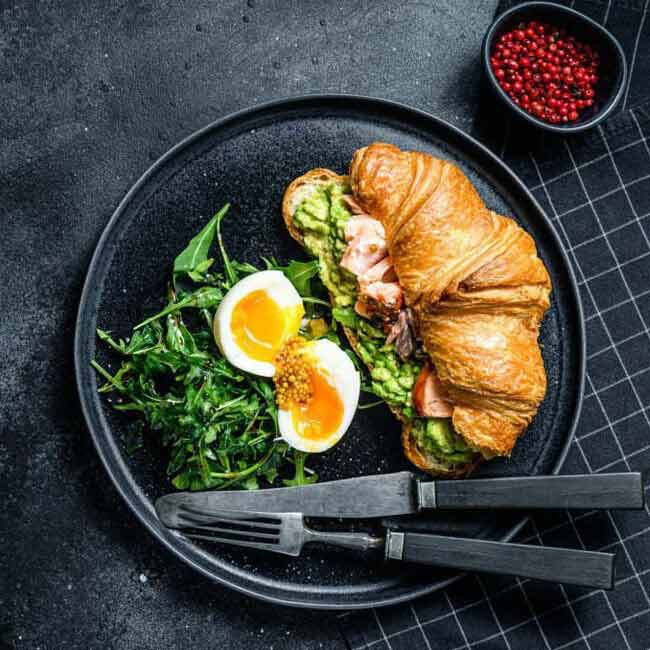The Sizzle of Success: Cast Iron Pans vs. Aluminum Pans
Cast Iron pans are my way to go, if you had the chance of seeing me cooking at my place or your home you already know they are my favs. When it comes to choosing the right cookware for your kitchen, you might find yourself pondering over the classic debate: cast iron pans vs. aluminum pans. Both have their merits, but in this culinary showdown, we’ll explore the unique benefits of cast iron pans and why they often come out on top.
Heat Retention
Cast iron pans are renowned for their exceptional heat retention properties. Once heated, they hold onto that heat like a champion, distributing it evenly across the cooking surface. This means your food gets cooked uniformly, minimizing the risk of hot spots and ensuring a perfectly seared steak or golden-brown pancake every time.
Aluminum pans, on the other hand, heat up quickly but also cool down rapidly. This can be useful for delicate tasks like sautéing, but it can be a drawback when it comes to maintaining a consistent temperature for longer cooking periods.
Versatility
Cast iron pans are incredibly versatile. They can seamlessly transition from stovetop to oven, making them perfect for dishes that require a combination of cooking methods. Whether you’re searing a juicy steak, frying crispy chicken, or baking a hearty cornbread, a cast iron pan has got you covered.
While aluminum pans are suitable for stovetop cooking, they are less versatile when it comes to oven use due to their non-metallic handles or coatings that may not withstand high oven temperatures.
Durability
Cast iron pans are built to last for generations. When properly seasoned and maintained, they become virtually non-stick and develop a beautiful patina that adds to their character and functionality. They are nearly indestructible and can withstand high heat, making them a true investment in your kitchen.
Aluminum pans, while lightweight and affordable, tend to be less durable. They can warp or develop dents easily, and their non-stick coatings may wear out over time.
Non-Stick Cooking
One of the biggest advantages of cast iron pans is their ability to become naturally non-stick over time. As you use them, the seasoning process creates a slick, non-stick surface that rivals any synthetic coating. This makes cooking and cleaning a breeze without the need for excessive oil or butter.
Aluminum pans often rely on synthetic non-stick coatings, which can wear off and release potentially harmful chemicals into your food when damaged or overheated. This makes cast iron a safer and more eco-friendly option.
Health Benefits
Using cast iron pans can offer health benefits too. When cooking in well-seasoned cast iron, you can increase the iron content of your food, which can be particularly beneficial for individuals with iron deficiencies.
Aluminum, while generally safe for cooking, can potentially leach small amounts of the metal into your food under certain conditions, which may be a concern for some people.
Flavor Enhancement
Cast iron pans can enhance the flavor of your dishes over time. The seasoning layer absorbs and imparts subtle, smoky flavors, making your meals taste even better. This is something aluminum pans simply can’t replicate.
Conclusion
In the culinary showdown of cast iron pans vs. aluminum pans, cast iron emerges as the heavyweight champion. Its unmatched heat retention, versatility, durability, non-stick cooking properties, health benefits, and flavor-enhancing abilities make it a top choice for both professional chefs and home cooks.
While aluminum pans have their place in the kitchen, they often fall short when compared to the many advantages of cast iron. So, if you’re looking to invest in cookware that will last a lifetime and elevate your cooking game, cast iron is the sizzling hot choice.


